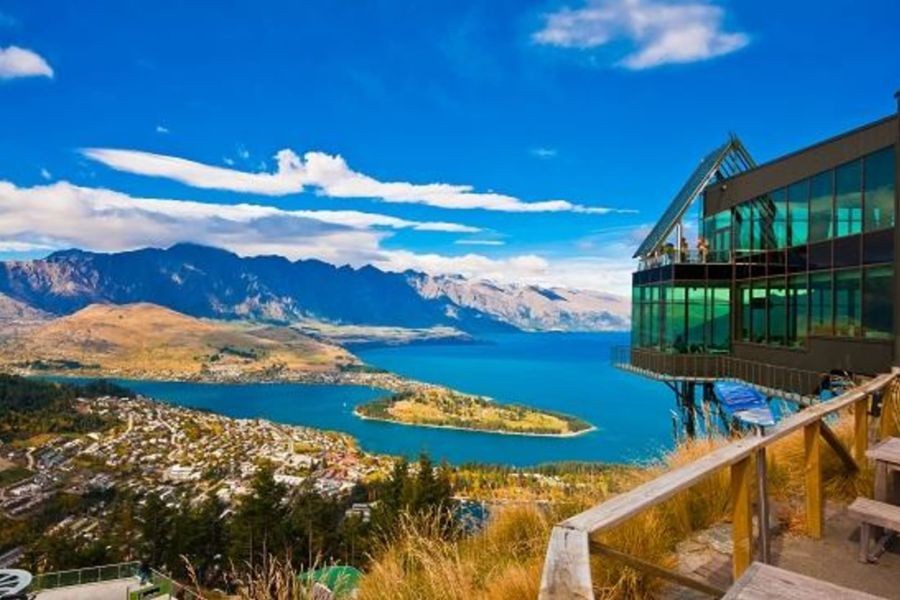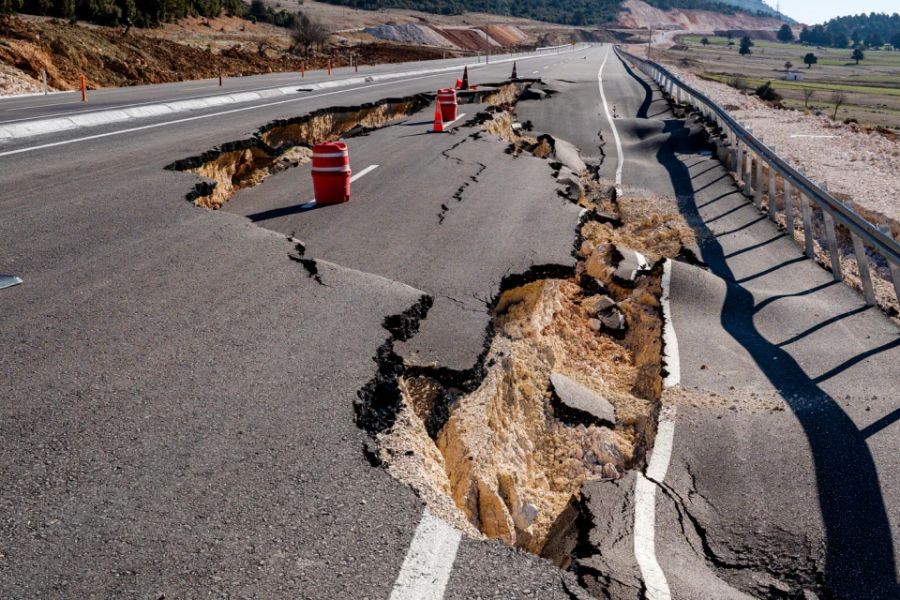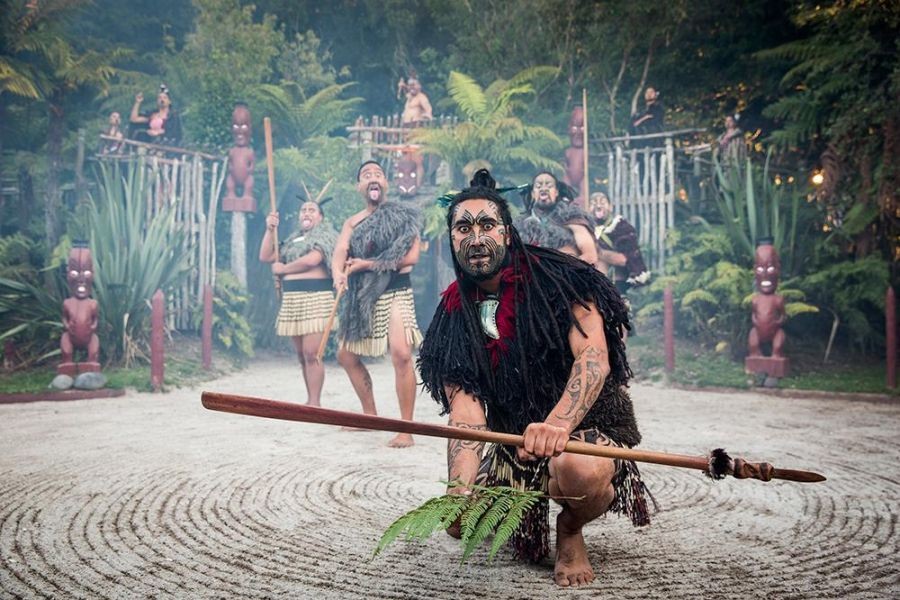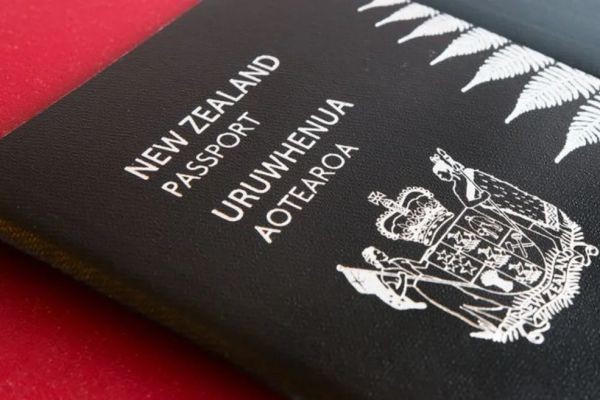Introduction
Imagine standing at the precipice of New Zealand's majestic landscapes, with the choice of two iconic destinations: Queenstown and Rotorua. While both offer unparalleled adventure experiences, the decision is more complex than it seems. As New Zealand aims to enhance its tourism economy sustainably, understanding which destination offers a superior adventure experience is crucial for travelers and industry stakeholders alike.
New Zealand's tourism industry significantly contributes to its GDP, accounting for 5.8% of the total GDP in 2019, according to Stats NZ. With sustainability at the forefront, travelers are increasingly seeking eco-friendly adventure experiences. This article delves into the adventure offerings of Queenstown and Rotorua, examining their economic, environmental, and experiential impacts on New Zealand's tourism landscape.
Which destination aligns better with New Zealand's vision of sustainable tourism? Share your thoughts below!
Queenstown: The Adrenaline Capital
Queenstown, often dubbed the "Adventure Capital of the World," is a hub for thrill-seekers. Nestled on the shores of Lake Wakatipu, this resort town offers a plethora of adventure activities ranging from bungee jumping and skydiving to jet boating and skiing.
- Pros: Queenstown's diverse adventure offerings attract a global audience, boosting local businesses and providing a significant economic impact. According to the Ministry of Business, Innovation, and Employment (MBIE), tourism in Queenstown contributes over NZD 2 billion annually to the economy.
- Cons: The influx of tourists can strain local resources and increase the town's carbon footprint. Sustainable tourism practices are essential to mitigate these environmental impacts.
Case Study: AJ Hackett Bungy – A Leap Towards Sustainability
Problem: AJ Hackett Bungy, a renowned adventure company in Queenstown, faced challenges in managing its environmental impact due to high tourist numbers.
Action: The company implemented a sustainability program, focusing on waste reduction, energy efficiency, and community engagement. They introduced electric vehicles for transportation and partnered with local environmental groups for conservation projects.
Result:
- Carbon emissions were reduced by 30% within two years.
- Customer satisfaction increased by 20% due to enhanced eco-friendly measures.
- AJ Hackett Bungy received recognition as a leader in sustainable tourism.
Takeaway: Queenstown's adventure industry can thrive sustainably by adopting eco-friendly practices. This case study underscores the importance of balancing economic growth with environmental stewardship.
Rotorua: The Cultural & Natural Wonderland
Rotorua, situated on the North Island, is renowned for its geothermal wonders and rich Maori culture. The city offers unique adventure experiences like white-water rafting and zip-lining through native forests, making it a favorite among adventure enthusiasts seeking cultural immersion.
- Pros: Rotorua's integration of cultural experiences with adventure tourism provides a holistic travel experience. The city’s tourism sector supports local Maori communities, ensuring cultural preservation and economic empowerment.
- Cons: Rotorua faces challenges in managing geothermal activity's environmental impact and ensuring the sustainable use of natural resources.
Case Study: Rotorua Canopy Tours – Soaring Sustainability
Problem: Rotorua Canopy Tours, offering zip-lining adventures, aimed to enhance conservation efforts while providing thrilling experiences.
Action: The company launched a conservation initiative, investing in pest control and native tree planting. They also educated visitors on the importance of preserving Rotorua's natural heritage.
Result:
- Over 250 hectares of forest were restored, boosting biodiversity.
- Visitor numbers increased by 15% due to the attraction's eco-conscious appeal.
- The company won the Sustainable Business Network Award in 2022.
Takeaway: Rotorua's adventure offerings, when combined with cultural and environmental initiatives, provide a model for sustainable tourism development.
Data-Driven Insights: Adventure Tourism's Economic & Environmental Impact
According to the Reserve Bank of New Zealand, tourism is a crucial component of the national economy, with adventure tourism being a key growth area. As of 2023, the adventure tourism sector contributed approximately NZD 3.8 billion annually, with projections indicating a 5% annual growth rate over the next five years.
However, the challenge lies in balancing economic growth with environmental sustainability. A 2022 report from the University of Otago highlights the need for New Zealand's tourism industry to adopt green practices, as 40% of tourists prefer destinations with strong sustainability credentials.
Pros and Cons: Queenstown vs. Rotorua
Queenstown
- Pros: Diverse adventure offerings, significant economic impact, global recognition.
- Cons: Environmental challenges, high tourist influx, resource strain.
Rotorua
- Pros: Cultural integration, sustainable practices, community empowerment.
- Cons: Environmental management challenges, reliance on natural resources.
Future Trends & Predictions
The future of adventure tourism in New Zealand lies in the synergy between innovation and sustainability. By 2028, it is predicted that 60% of tourism businesses will adopt eco-friendly practices (Source: MBIE 2024). Destinations like Queenstown and Rotorua must lead this charge, ensuring they remain attractive to environmentally-conscious travelers.
Conclusion
As New Zealand continues to position itself as a leader in sustainable tourism, both Queenstown and Rotorua offer unique advantages. Queenstown excels in providing adrenaline-pumping activities with global appeal, while Rotorua integrates cultural authenticity with nature-based adventures. The ultimate choice depends on travelers' preferences and priorities.
To ensure a sustainable future, both destinations must continue to innovate and adopt green practices. Whether you're a thrill-seeker or a cultural enthusiast, your adventure in New Zealand promises to be unforgettable.
What’s your take on Queenstown vs. Rotorua? Share your insights and experiences below!
People Also Ask
- How does adventure tourism impact New Zealand's economy? Adventure tourism significantly boosts New Zealand's economy, contributing NZD 3.8 billion annually with a projected 5% growth rate.
- What are the biggest misconceptions about sustainable tourism in NZ? A common myth is that sustainable tourism is costly. However, sustainable practices often reduce operational costs and attract eco-conscious travelers.
- What upcoming changes in New Zealand could affect adventure tourism? By 2026, policy updates prioritizing eco-friendly practices could reshape the adventure tourism landscape.
Related Search Queries
- Queenstown adventure activities
- Rotorua cultural experiences
- Sustainable tourism in New Zealand
- Adventure tourism economic impact
- Eco-friendly travel destinations NZ
- Queenstown vs Rotorua travel
- Maori culture and tourism
- New Zealand tourism statistics 2023
- Adventure tourism trends 2024
- Environmental impact of tourism NZ
































PoppyBenne
10 months ago